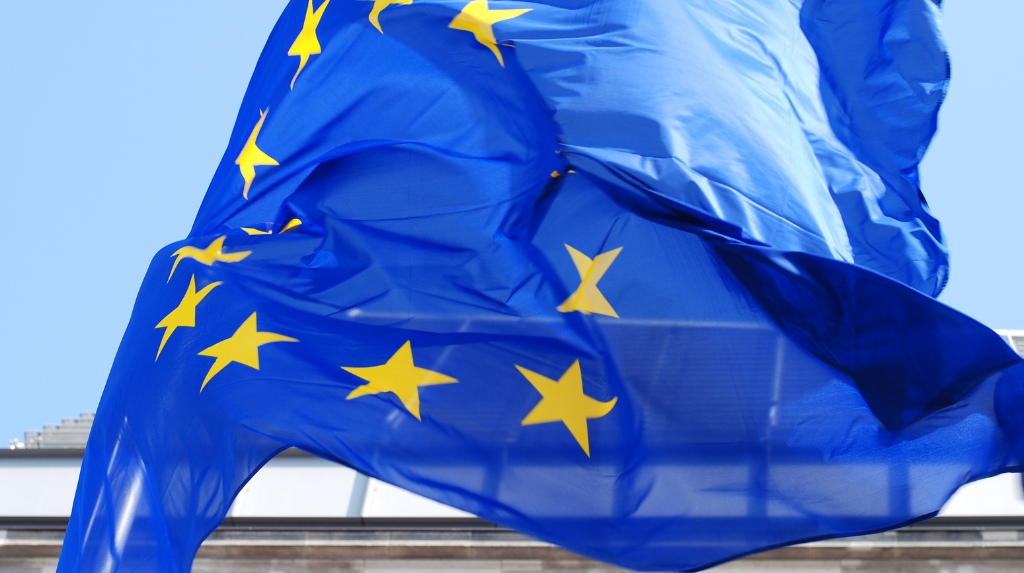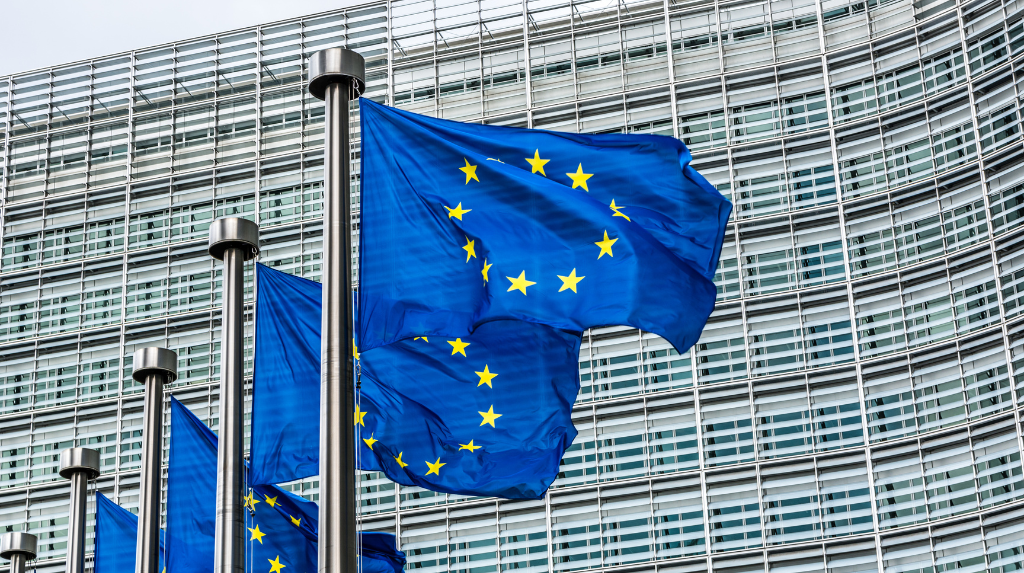In the rapidly evolving realm of international travel, it’s crucial to stay updated on new regulations. One major change coming soon is the rollout of ETIAS for Schengen travel. Beginning in 2024, travelers from countries with visa-free access to the Schengen Area will be required to obtain an ETIAS before visiting any EU or Schengen country. This article explores its importance, and who exactly will need it.
Understanding ETIAS for Schengen travel
It is a new measure to enhance security and facilitate travel within the Schengen Area. Unlike a traditional visa, It is a quick and simple process completed online in minutes. It’s not a visa but an entry authorization, making it easier for travelers.
Who Needs ETIAS for Schengen travel
This is mandatory for citizens of specific countries. Here is a list of nations whose citizens will require authorization:
- Albania
- Antigua and Barbuda
- Argentina
- Australia
- Bahamas
- Barbados
- Bosnia and Herzegovina
- Brazil
- Brunei
- Canada
- Chile
- Colombia
- Costa Rica
- Dominica
- El Salvador
- Georgia
- Grenada
- Guatemala
- Honduras
- Hong Kong S.A.R
- Israel
- Japan
- Kiribati
- Kosovo
- Macao S.A.R
- Malaysia
- Marshall Islands
- Mauritius
- Mexico
- Micronesia
- Moldova
- Montenegro
- Nauru
- New Zealand
- Nicaragua
- North Macedonia
- Palau
- Panama
- Paraguay
- Peru
- Saint Kitts and Nevis
- Saint Lucia
- Saint Vincent
- Samoa
- Serbia
- Seychelles
- Singapore
- Solomon Islands
- South Korea
- Taiwan
- Timor Leste
- Tonga
- Trinidad and Tobago
- Tuvalu
- Ukraine
- United Arab Emirates
- United Kingdom
- United States of America
- Uruguay
- Venezuela
It’s important to note that this list of countries may evolve. Therefore, staying updated with the latest information is advisable for those planning to travel.
British Citizens and ETIAS for Schengen travel
Since Brexit, the United Kingdom is no longer part of the EU. Although British citizens can still travel visa-free to other EU countries, they will need to register when it becomes active. British travelers should prepare for this upcoming change.
Exemptions
Certain categories of individuals entering the Schengen Area are exempt from ETIAS requirements, including refugees or stateless persons without a Schengen nationality, individuals holding long-stay D visas, and those with diplomatic passports under specific agreements. Additionally, minors under 18 must also obtain one, with applications completed by parents or legal guardians.
Visa Requirements for Specific Countries
Citizens of certain nations must apply for traditional visas as they are not eligible. They Include:
- Afghanistan
- Algeria
- Angola
- Armenia
- Azerbaijan
- Bahrain
- Bangladesh
- Belarus
- Belize
- Benin
- Bhutan
- Bolivia
- Botswana
- Burkina Faso
- Burundi
- Cabo Verde
- Cambodia
- Cameroon
- Central African Republic
- Chad
- China
- Comoros
- Cote d’Ivoire
- Cuba
- Dem. Rep. Of Congo
- Djibouti
- Dominican Republic
- Ecuador
- Egypt
- Equatorial Guinea
- Eritrea
- Eswatini
- Ethiopia
- Fiji
- Gabon
- Gambia
- Ghana
- Guinea-Bissau
- Guyana
- Haiti
- India
- Indonesia
- Iran
- Iraq
- Jamaica
- Jordan
- Kazakhstan
- Kenya
- Kosovo
- Kuwait
- Kyrgyzstan
- Laos
- Lebanon
- Lesotho
- Liberia
- Libya
- Madagascar
- Malawi
- Maldives
- Mali
- Mauritania
- Mongolia
- Morocco
- Mozambique
- Myanmar
- Namibia
- Nepal
- Niger
- Nigeria
- North Korea
- Northern Mariana Islands
- Oman
- Pakistan
- Palestine
- Papua New Guinea
- Philippines
- Qatar
- Republic of the Congo
- Russia
- Rwanda
- Saudi Arabia
- Senegal
- Sierra Leone
- Somalia
- South Africa
- South Sudan
- Sri Lanka
- Suriname
- Syria
- São Tomé and Príncipe
- Tajikistan
- Tanzania
- Thailand
- Timor-Leste
- Togo
- Tonga
- Tunisia
- Turkmenistan
- Turkey
- Uganda
- Uzbekistan
- Vanuatu
- Vietnam
- Yemen
- Zambia
- Zimbabwe
ETIAS and Existing Visa Holders
If you currently possess a valid Schengen visa, there’s no immediate need to apply for ETIAS. However, you can register once your existing visa expires, provided you meet the eligibility criteria.
Visa Checker Tool
To know if you need to apply, use the visa checker tool. This tool primarily considers nationality when providing information and may not account for specific cases governed by EU laws.
In conclusion, ETIAS will significantly impact travel to the Schengen Area and EU countries. Travelers should remain informed about this development and take proactive steps to ensure a hassle-free journey. Whether subject to ETIAS authorization or falling under an exemption category, understanding the new requirements is paramount. Stay updated and plan your travels with confidence.
How Law and Visas Can Help?
At Law and Visas, our team of expert immigration consultants is here to make your travel to the Schengen Area straightforward and successful. Whether you’re applying for a National Visa or a Schengen Visa, we handle every step—from preparing your application to gathering the required documents.
Our Immigration Consultants and Lawyers ensure that your application meets the highest standards, with no details missed. We’ll also keep you informed throughout the process and coordinate with the immigration office or embassy on your behalf.
Law and Visas have a strong record of helping clients secure the visas/permits they need to visit Schengen Area. You can call us today at +234 812 5505 986 to learn how we can help you.





